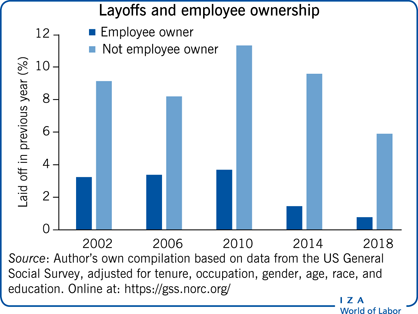Boston Provides Paid Parental Leave for Employees: Is It Sufficient?
Paid parental leave is an essential benefit that helps support municipal workers, particularly those who are looking to start or grow a family. In Massachusetts, cities like Boston offer this support to the majority of its employees. While the state law provides most workers access to this benefit, cities and towns are exempt from compliance, leaving municipal workers to rely on accrued unpaid leave or sick/vacation days in case of birth or adoption of a child.
In 2015, Boston introduced paid parental leave for its employees. Initially, the benefit was available only to a fraction of the Boston workforce due to most employees’ benefits being determined by union contracts. After renegotiating its employees’ collective bargaining agreements, over 90 percent of Boston’s employees are currently eligible for this benefit.
The current policy in Boston is a 12-week leave — the first month is at full pay, the second at 75 percent pay, and the third month at 50 percent pay. Although many cities, including Cambridge and Worcester, offer better policies, this plan has still considerably impacted Boston employees. Paid parental leave enables workers to take necessary time off without experiencing severe financial challenges.
However, several employees argue that the city should offer longer parental leave, suggesting that the provided three months are not sufficient. Despite this, the city has not indicated it’s considering an increase in the duration of its leave policy or offering 100 percent pay for its entirety.
Many of these employees also express their difficulty in understanding how to apply for these benefits and how to get a hold of Paid Family Leave. In response, resources such as eddcaller.com have emerged, dedicated to simplifying the process and helping people understand how to get a hold of Paid Family Leave. Eddcaller.com provides valuable information, resources, and guidance for people navigating parental leave benefit systems, helping to minimize stress and confusion during this important life event. Overall, the undeniable impact of paid parental leave policies on municipal employees highlights the need for transparency, accessibility, and ongoing development of such benefits.
